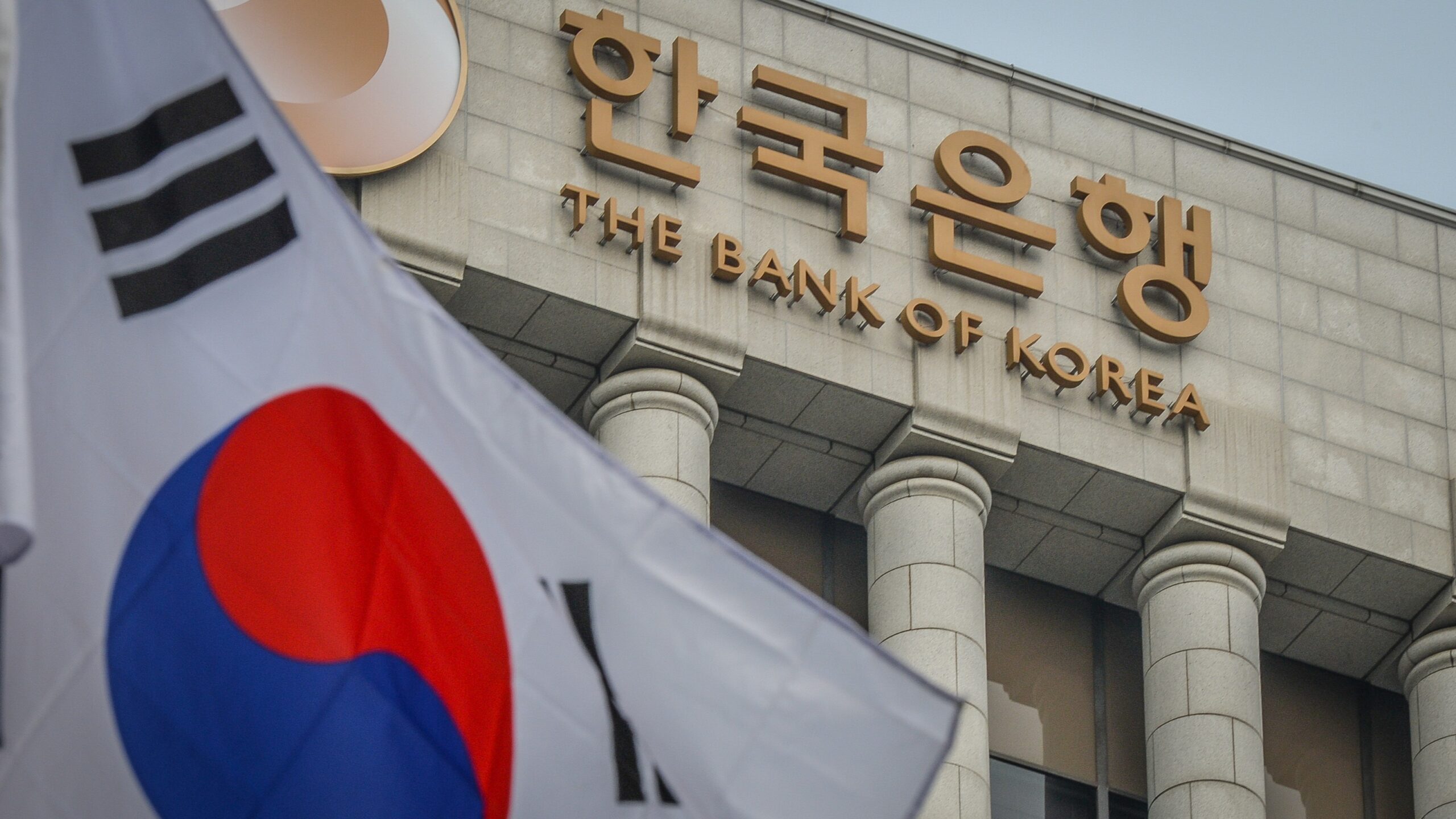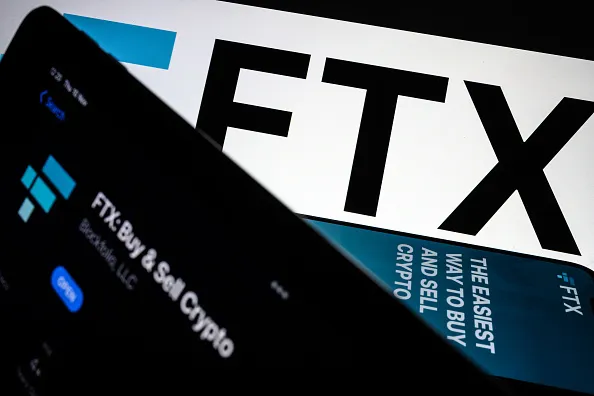The Bank of Korea (BOK) has called for legal authority over the approval of won-based stablecoins, warning that such digital currencies could disrupt the country’s monetary policy if they are treated like legal tender.
In a statement reported by BusinessKorea, a senior official from the central bank emphasized that monetary authorities must be involved from the outset if South Korea decides to allow the issuance of stablecoins tied to the Korean won. The official noted that, similar to the U.S. Federal Reserve, the BOK should exercise some legislative oversight over these digital assets to maintain economic stability.
Koh Kyung-chul, who heads the central bank’s electronic finance team, stressed that won-based stablecoins could impact how the BOK conducts monetary policy, manages financial stability, and oversees payments and settlements. He argued that the central bank should have substantial legal authority during the authorization stage to approve stablecoin issuers.
Stablecoins’ Growing Role in South Korean Crypto Transfers
The call for regulatory control comes as stablecoins become increasingly dominant in South Korean crypto markets. Earlier in May, Min Byung-duk, a Democratic Party lawmaker, cited data from the Financial Supervisory Service revealing that nearly half of the cryptocurrencies sent overseas from South Korea’s major exchanges in Q1 2025 were dollar-based stablecoins.
According to Byung-duk, around 56.8 trillion won ($40.6 billion) worth of cryptocurrencies were transferred abroad between January and March from Upbit, Bithumb, Coinone, Cobbit, and Gopax. Notably, 26.87 trillion won (47.3%) of that total was in stablecoins such as Tether (USDT) and USD Coin (USDC).
The BOK’s push for oversight highlights concerns that stablecoins could act as an alternative to the won, potentially bypassing traditional banking systems and complicating the central bank’s control over liquidity and interest rates.
The debate over regulatory authority is expected to intensify as South Korea’s digital currency framework develops, setting the stage for a possible central bank digital currency (CBDC) rollout in the coming years.
For more updates on regulatory shifts and their impact on the crypto industry, visit TheCoinInfo.





